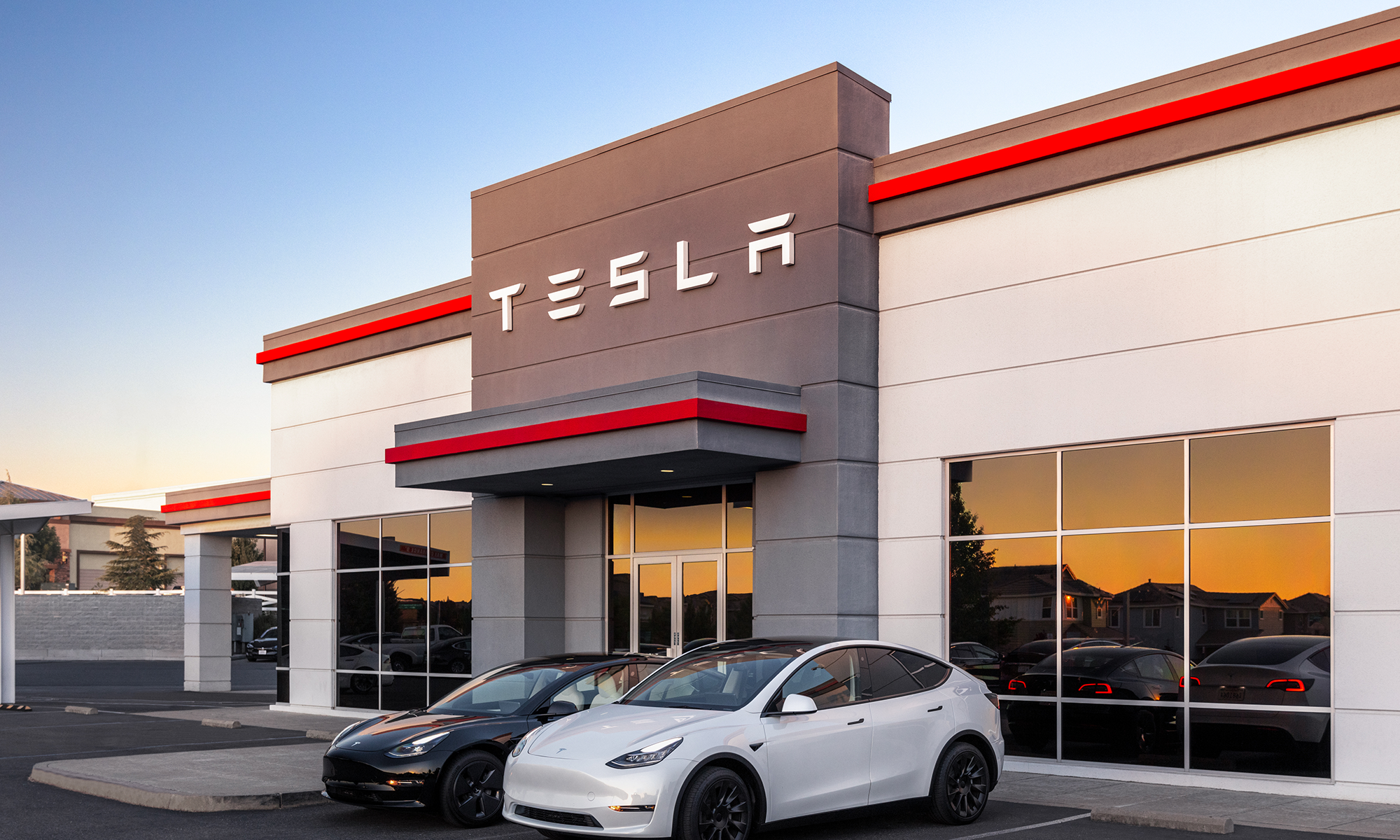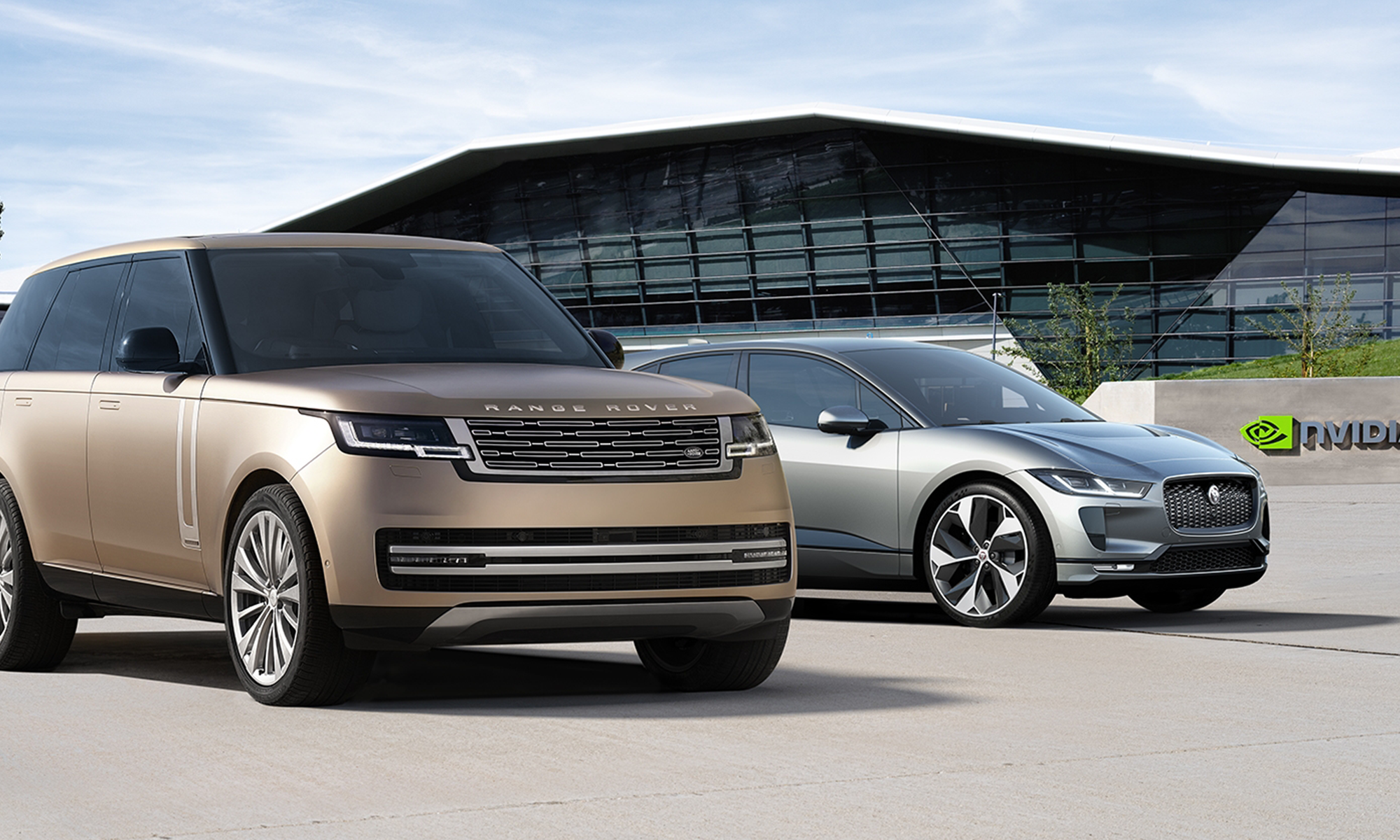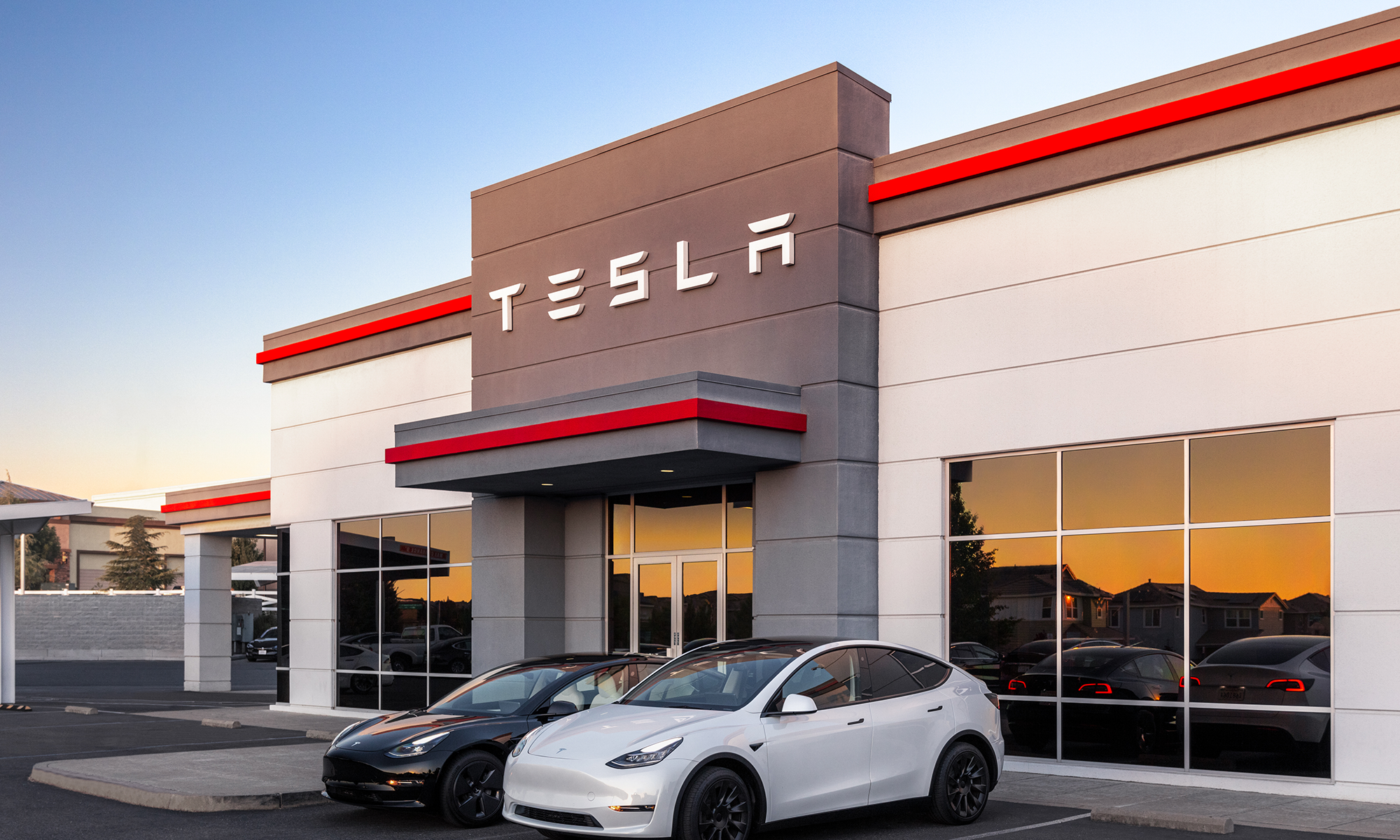Believe it or not, the electric car isn't exactly a new idea.
The first modern electric vehicle debuted in the 1800s, but the technology was sidelined as more popular internal combustion engine vehicles came to market after the turn of the century. In the decades that followed, companies and regulators flirted with an EV future, but their efforts stalled out.
In this video from our YouTube channel, we break down the history of the electric car, how it almost disappeared in the early 2000s, and how Elon Musk and Tesla (TSLA 3.94%) brought the technology back from the brink.
A full transcript follows the video.
Narrator: Hi, and welcome to The Bottom Line. In this video, we're going to take a closer look at the fits and starts electric vehicles have experienced over the past few decades, why some automakers are choosing to make hybrids vs. electric cars, and why all-electric vehicles are likely the future.
The very first electric cars debuted in the early 1800s and began growing in popularity by the end of the century.
But Henry Ford's mass-produced Model T debuted in 1908 and that, along with the invention of the electric starter for automobiles, quickly helped put an end to the early growth of electric vehicles.
But in the early 1990s, the electric car began experiencing a resurgence.
A 1990 California law said that by 1998, 2% of the vehicles that large manufacturers produced for sale in California had to be zero-emissions vehicles. And the percentage would increase to 10% by 2003.
The problem was that the electric cars that automakers created in the wake of this new law were expensive to produce. And even the most popular ones, like GM's (GM 3.66%) EV1, only had a range of about 100 miles, which was far below the average range of gas-powered vehicles.
To make matters worse for electric cars, gas prices were very low in the mid-1990s. The average price for a gallon of regular unleaded gas in California at the end of 1996, was less than a $1.20 per gallon.
Those low gas prices — combined with a strong U.S. economy — meant that American drivers were looking to buy larger vehicles without much concern for gas mileage.
Additionally, many of the strict requirements first introduced by California were challenged in court, and eventually watered-down.
But the electric car came back with a vengeance in 2006 when Tesla did something that all other automakers had failed to do. It made the electric car cool.
The company's first vehicle, the all-electric Roadster had a range of 245 miles, which matched the lower end range for gas-powered engines. Oh, and it went from 0-60 mph in just 3.7 seconds.
While Tesla has had its share of problems, there's no denying that the company has helped electric vehicles become more mainstream.
In 2018, ten years after launching its original Roadster, Tesla produced 350,000 vehicles. Far more than the 2,400 Roadsters it sold between 2008 and 2012.
Now nearly every automaker is seeing the value of selling electric vehicles, but it's not just consumer demand that's driving the shift. Both China and Europe are putting pressure on automakers to reduce vehicle emissions.
China, which is the world's largest automotive market, penalizes automakers if they don't sell a minimum amount of zero-emissions vehicles. This is causing some automakers to move away not just from internal combustion engines, but also from hybrid vehicles as well.
GM and Volkswagen (VWAGY 2.48%) recently said that they're abandoning development of hybrid vehicles and focusing their attention on all-electric cars.
GM will bring 20 electric vehicles to market by 2023 and Volkswagen is bringing a new plug-in electric SUV to the U.S. in 2020 and launching an electric minibus by 2022.
Of course, not all automakers are betting on electric vehicles in the same way. Ford (F 2.35%) is working on both electric and hybrid versions of its popular F-150 pickup truck and Toyota (TM 4.68%) is working to put its hybrid technology into more of its vehicles.
While automakers may disagree whether hybrids or electrics are the better long-term solution for creating low-emission vehicles, it's clear that both have become serious alternatives to the internal combustion engine.
Some experts predict that electric vehicles will make up 7% of the U.S. automotive market in 2030, with hybrids taking 23%.The Bottom Line is: With Volkswagen, GM, and others focusing more of their resources toward electric vehicles -- and Tesla's vehicles already leading the way -- it's likely that electric vehicles are finally here to stay.










